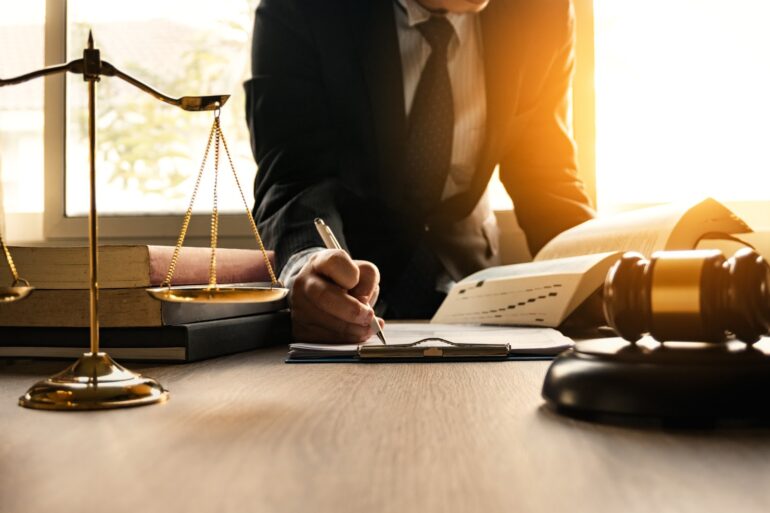TL;DR:
- Lawyers Peter LoDuca and Steven Schwartz, along with their law firm, were sanctioned for submitting a legal brief created using OpenAI’s ChatGPT.
- Judge P. Kevin Castel imposed a $5,000 fine and criticized the attorneys for abandoning their responsibilities by using AI to fabricate cases and citations.
- The lawyers persisted in defending the fake opinions even after judicial orders raised doubts about their existence.
- Judge Castel ordered the lawyers to inform their client and the judges falsely invoked in the fabricated cases about the sanctions.
- The court emphasized the potential harm to judges’ reputations and the need for attorneys to uphold the accuracy of their filings.
- The fine serves as a deterrent and advances the interest in maintaining professional standards in the use of AI in legal practice.
- The case highlights the importance of professional responsibility when incorporating advanced technologies into the legal profession.
Main AI News:
In a recent case that highlights the intersection of artificial intelligence and legal practice, two lawyers, Peter LoDuca and Steven Schwartz, along with their law firm Levidow, Levidow & Oberman, faced sanctions from Manhattan Judge P. Kevin Castel. The penalties were imposed after the attorneys submitted a legal brief that was generated using OpenAI’s large language model, ChatGPT. This landmark decision serves as a reminder of the ethical and professional responsibilities lawyers bear when utilizing advanced technologies in their legal work.
The lawsuit at the center of this controversy involved their client, Roberto Mata, who sought compensation from Avianca, an airline, for injuries sustained during a flight. Mata claimed that a metal service cart struck his knee during an August 2019 flight from El Salvador to New York. In response to Avianca’s motion to dismiss the case, LoDuca and Schwartz took a misguided approach by utilizing ChatGPT to “compose” a 10-page legal brief.
Judge Castel condemned the lawyers’ actions, stating that they had “abandoned their responsibilities” by relying on artificial intelligence to fabricate cases and citations for what should have been a routine lawsuit. The judge further noted that despite judicial orders questioning the legitimacy of the cases, the attorneys persisted in defending the concocted opinions.
Had LoDuca and Schwartz promptly acknowledged their missteps upon receiving the defendant’s brief or after reviewing the court’s subsequent orders to produce the cases, the outcome may have been different. However, their failure to do so demonstrated a lack of accountability, which significantly influenced the court’s decision.
As part of the sanctions, Judge Castel mandated that LoDuca and Schwartz inform Roberto Mata, as well as the judges whose names were falsely invoked in the fabricated cases, about the repercussions of their actions. The judge emphasized the potential damage to the judges’ reputations when their names are wrongfully associated with baseless opinions. Notably, the court did not compel an apology from the respondents, deeming a forced apology insincere. Instead, the responsibility of extending an apology rests with the ChatGPT lawyers themselves.
It is crucial to understand that the fine imposed on the attorneys is not intended as punishment or compensation, but rather as a means to deter similar actions in the future. Judge Castel highlighted that while technological advancements, such as reliable artificial intelligence tools, are becoming commonplace in legal practice, attorneys must uphold their gatekeeping role to ensure the accuracy and integrity of their filings.
In a separate ruling, Judge Castel granted Avianca’s motion to dismiss the suit, citing that the filing exceeded the two-year window provided by the Montreal Convention for international air travel claims.
Conclusion:
The sanctions imposed on the lawyers for their improper use of ChatGPT in a legal brief underscores the significance of professional responsibility in the legal field. This case serves as a cautionary reminder for attorneys to exercise diligence and ensure the accuracy and integrity of their filings when leveraging AI and other advanced technologies. It highlights the need for proper gatekeeping and ethical standards to maintain the trust and reputation of legal professionals in the market.

